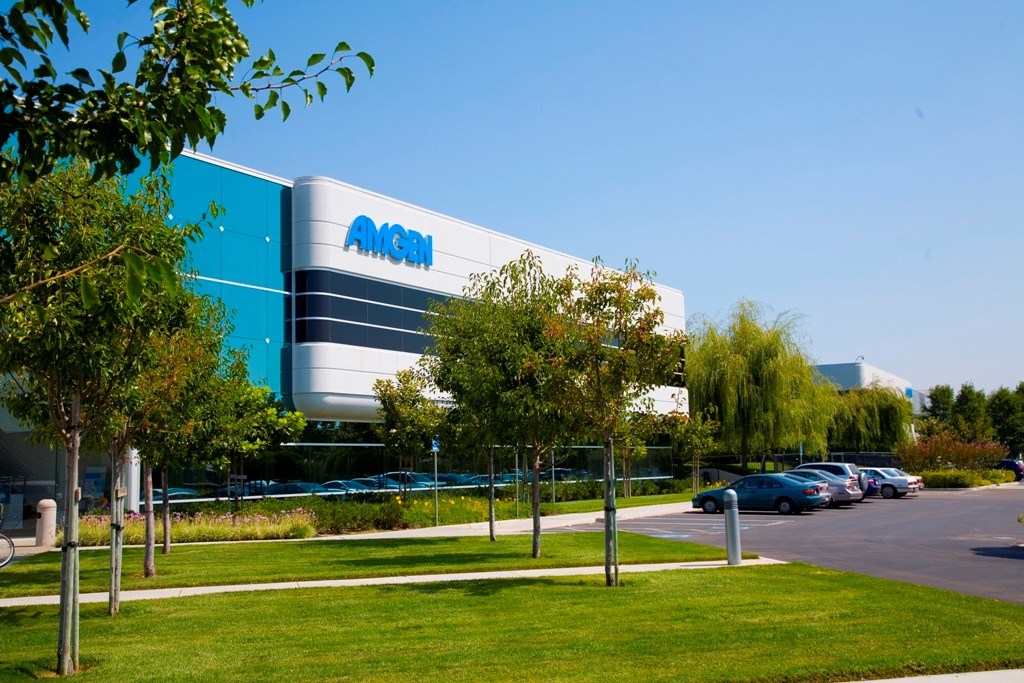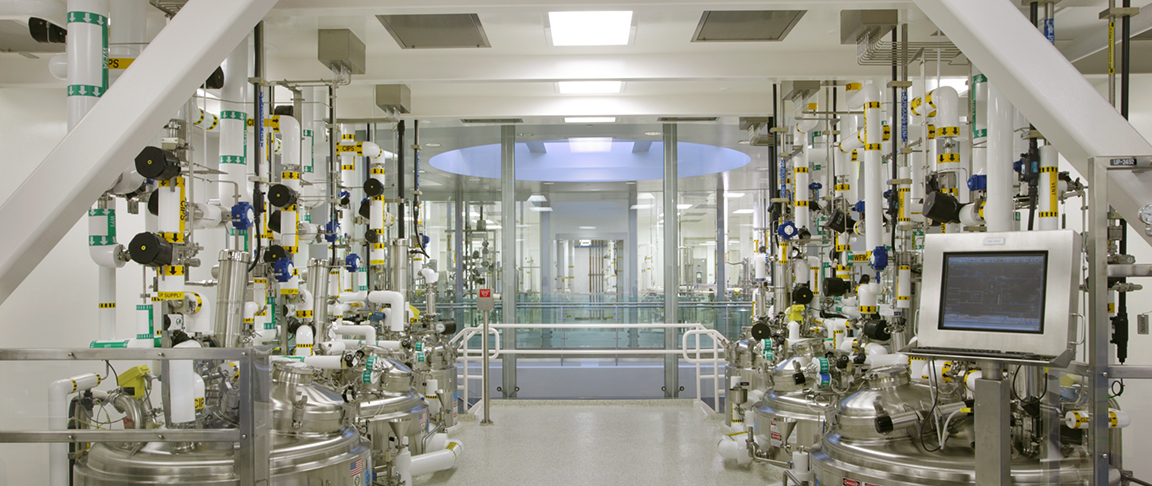 One of the landmark trades that was reached in history was the acquisition of Abgenix by the biotechnology giant, Amgen for a breathtaking $2.2 billion. By acquiring this company, Amgen gained full control of the cancer drug the two companies were jointly developing together. This agreement brought a lot of hope to all those battling for survival with one form of cancer or another.
One of the landmark trades that was reached in history was the acquisition of Abgenix by the biotechnology giant, Amgen for a breathtaking $2.2 billion. By acquiring this company, Amgen gained full control of the cancer drug the two companies were jointly developing together. This agreement brought a lot of hope to all those battling for survival with one form of cancer or another.
According to the details of the deal released by the company Freemont, California based company, Abgenix, Amgen was to pay $22.50 for each share of Abgenix. This price was about fifty-four percent higher than the closing price of Abgenix the previous price which was $14.65 per share. However, the shares rose in after-hours trading.
The major gain of Amgen in the deal was gaining full ownership of panitumumab which late-stage clinical trial has shown to have the potential to slow the progression of advanced colorectal cancer. The company was aiming at applying for federal approval in the coming months. The idea was to get the drug in the market by the close of 2006 or the dawn of 2007. Speaking with securities analysts, the chief executive of Amgen, Kevin Sharer said,

